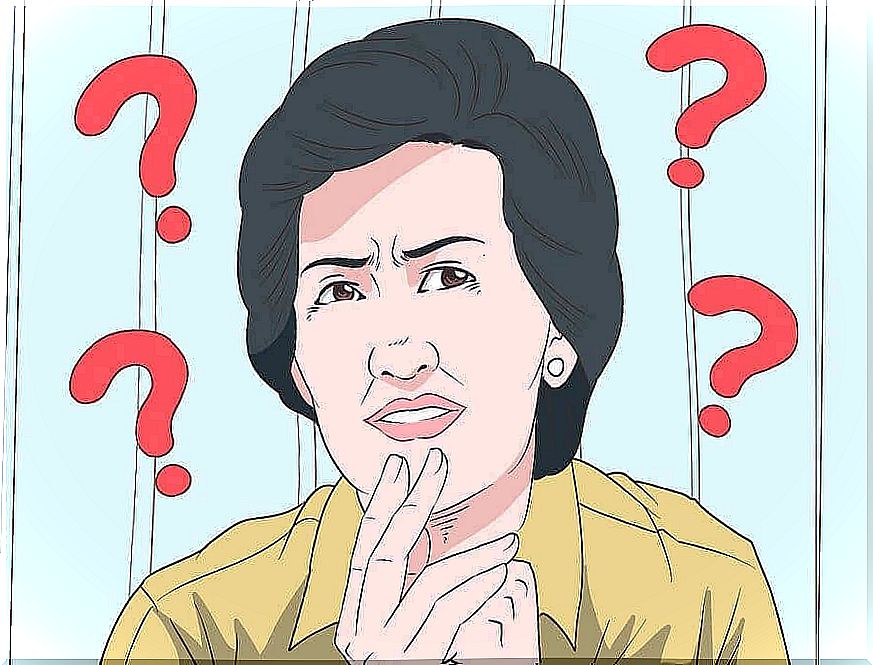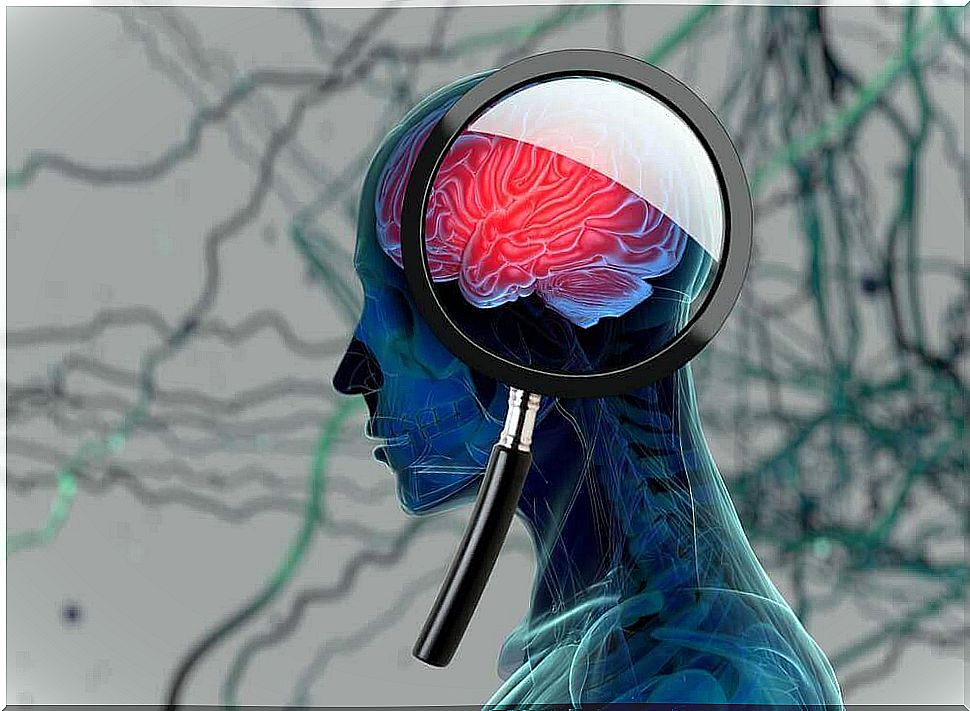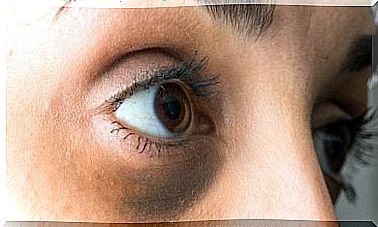How To Identify Alzheimer’s Symptoms

Since this is a disease that often occurs in older adults, it is naturally interesting to know whether Alzheimer’s disease can be prevented from progressing. Can its signs be identified, and how do you know a family member should be taken to a doctor? In this article, we’ll talk about how to identify Alzheimer’s symptoms so you can get help early enough.
With this disease, it should be remembered that its development is caused by the degeneration of brain cells and the decrease in brain mass. This causes memory loss, which affects human behavior and social interaction.
The reason why early diagnosis is very important is that although there is no cure for Alzheimer’s disease, there are prescription drugs available that can slow its progression. They are also able to relieve some of the symptoms of the disease.
Now we’ll talk about it in more detail – keep reading so you can identify the symptoms of Alzheimer’s and the development of the disease in your loved ones when needed.
Alzheimer’s symptoms – can they be detected in time?
Ongoing research is constantly being done to diagnose the development of this disease in its early stages. However, no reliable methods are still available. However, it is known that some symptoms then begin to appear.
Alzheimer’s disease is a progressive disease

Unfortunately, Alzheimer’s disease gets worse over time. There are some stages of disease progression that can be identified. At first, it is at a mild level, and at this point the patient becomes a little slower.
Usually a person starts to lose their linguistic ability. In addition, he may be lost in the conversation, and he finds it difficult to follow his own thoughts as well as the red thread of other people’s thoughts. He may also lose his energy and be exhausted. He may experience difficulty trying to learn new concepts or doing new things.
These symptoms may not go unnoticed and may be confused with the normal aging process.
What are the other symptoms of Alzheimer’s disease?
There are additional symptoms that appear as the disease progresses to mid-stage, and these are more specific to Alzheimer’s disease, and thus are also easier to identify.
Deterioration of local memory

A common recurrence symptom in people with Alzheimer’s disease is deterioration of local memory. The patient does not remember what he said a few minutes ago, or he may ask the same thing repeatedly.
The patient also sheds to forget where he has left certain items. However, people with Alzheimer’s disease remember things that happened a long time ago, for example in their youth.
Loss of sense of space and time
Certain dates will not be remembered, and other things related to time will disappear, such as the seasons. Because of this, it is very easy for people with Alzheimer’s to get lost, as they forget how they ended up somewhere or what route they came along.
Difficulty with rational thinking
A person begins to have problems with rational thinking and numbers, and it becomes impossible for him to create a schedule for himself. Reasonable thinking that goes in order becomes difficult, which means that it is difficult for a person to keep track of numbers or to follow certain steps, as is necessary, for example, in cooking.
Restrictions on normal daily routines

It may be difficult for the patient to go to the bath or shower, get home, or do different things at work, among other things.
Bad mood
Certain disorders that cause depression and self-concentration are common in this condition, as are anxiety or irritability. In general, a person’s personality changes when he or she develops Alzheimer’s disease.
Confusion with pictures and goods
Changes in vision are also common. Problems may arise with reading, estimating the distance of things, or perceiving colors.
Impairment of language skills

It is difficult for an sufferer of Alzheimer’s disease to express unequivocally what he or she wants to say, and this can lead to confusion. It is common for a person to stop talking because he is trying to remember the name of something. He might try really hard, but still can’t remember the words.
When a person has Alzheimer’s disease, he can also come up with new words when he can’t find the expression he’s trying to remember.
Good judgment disappears
A person with Alzheimer’s disease may give money to a family member or stranger for no reason, or he or she may pay more than he or she should in a particular situation. He might also walk away from the checkout without waiting for the seller to give change.
As the disease progresses further, it is possible for the patient to make big decisions.
It can be very difficult to detect signs of Alzheimer’s disease. Not all Alzheimer’s symptoms occur at the same time or in the same way in all patients.
It would be best to go to an expert at the point when you notice symptoms that may be warning signs of Alzheimer’s disease. This will ensure that there is no other disorder and that the right kind of treatment can be obtained.









